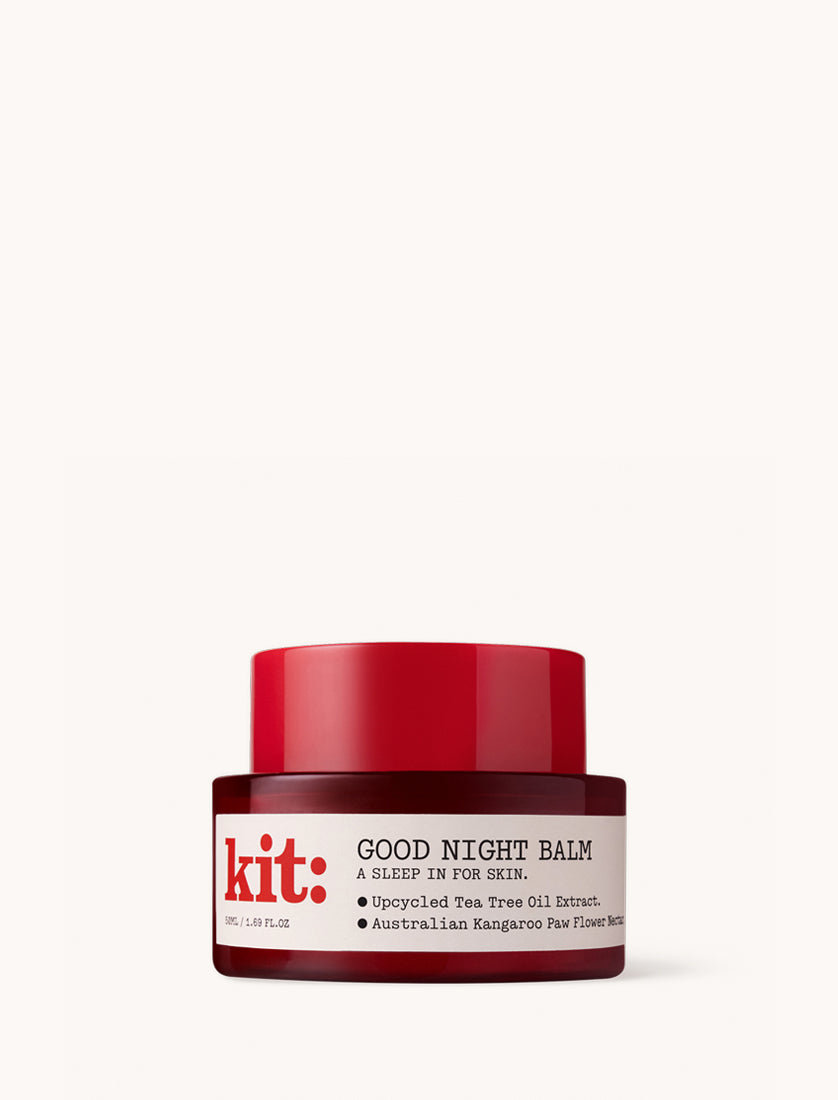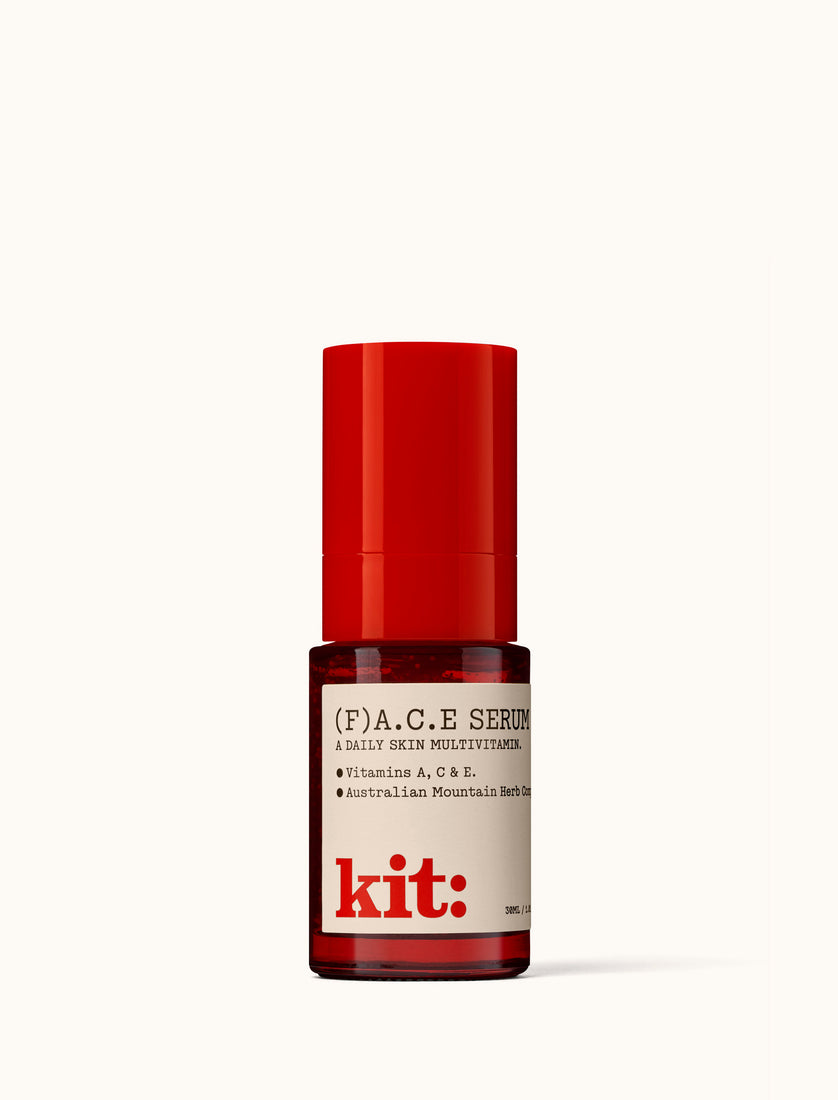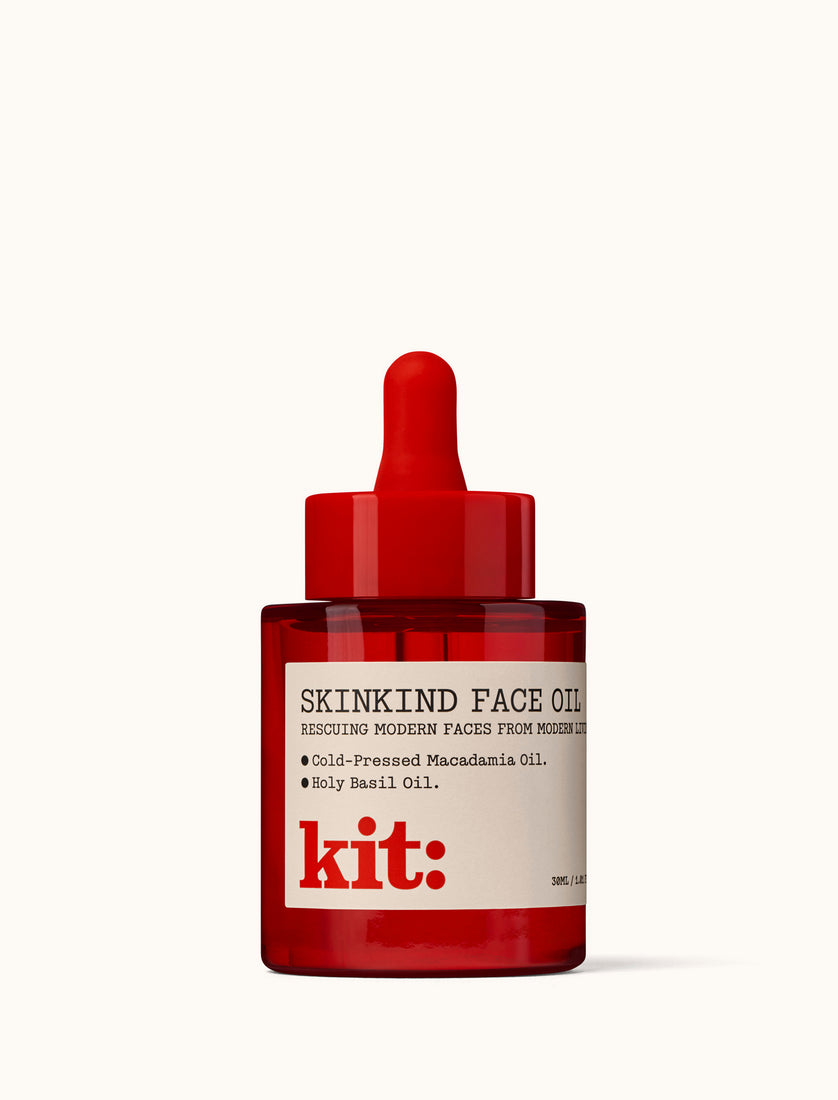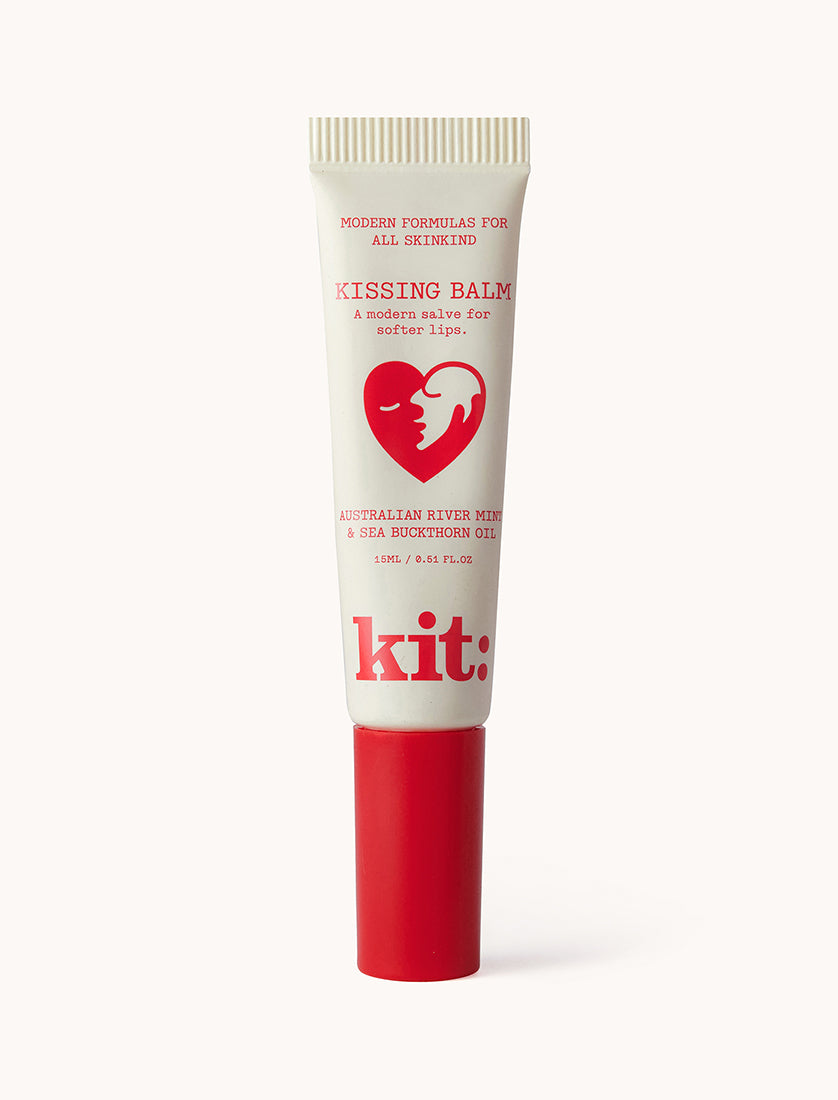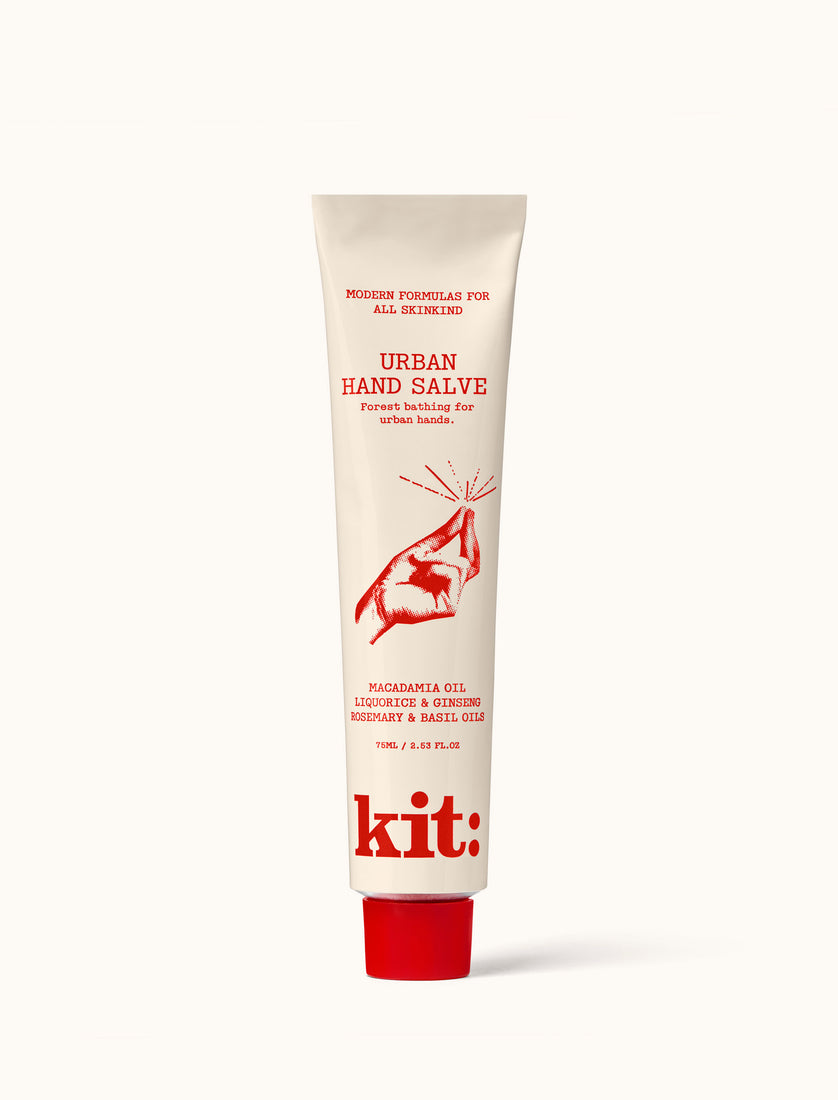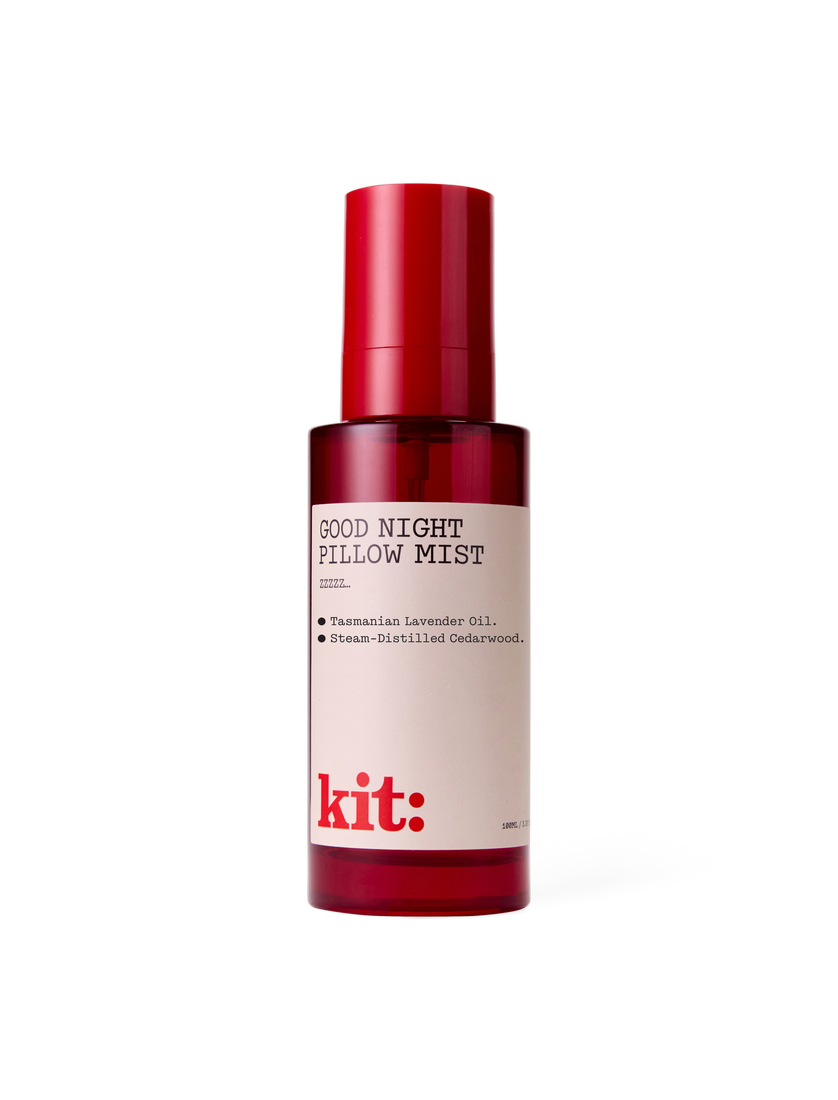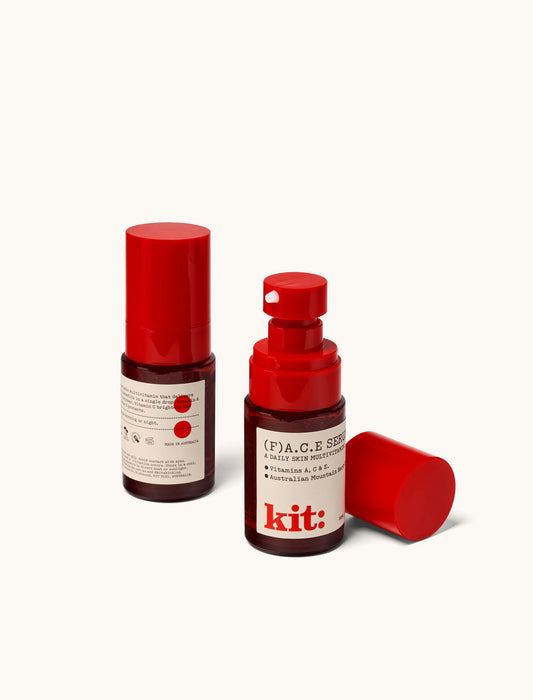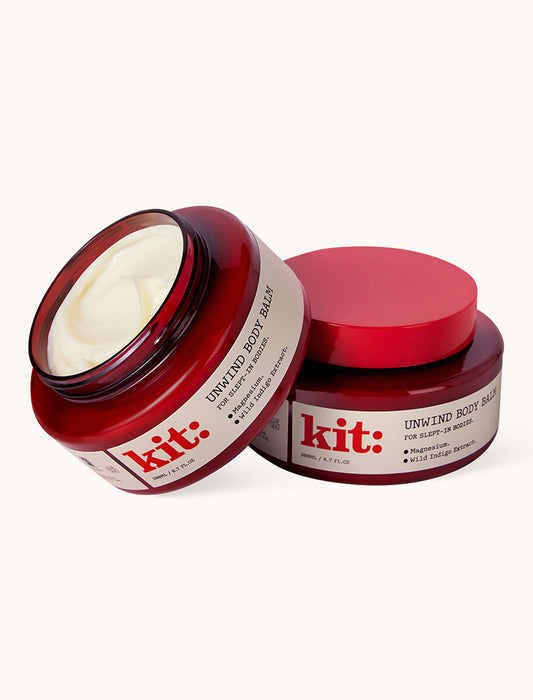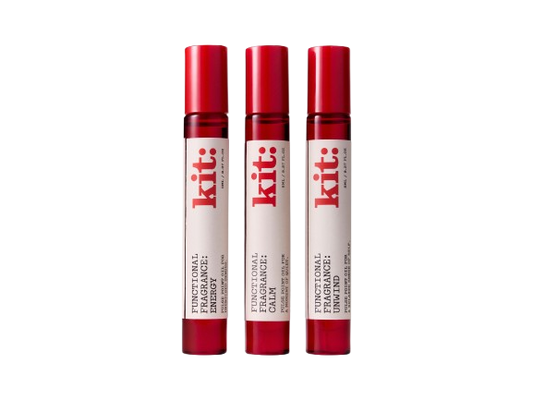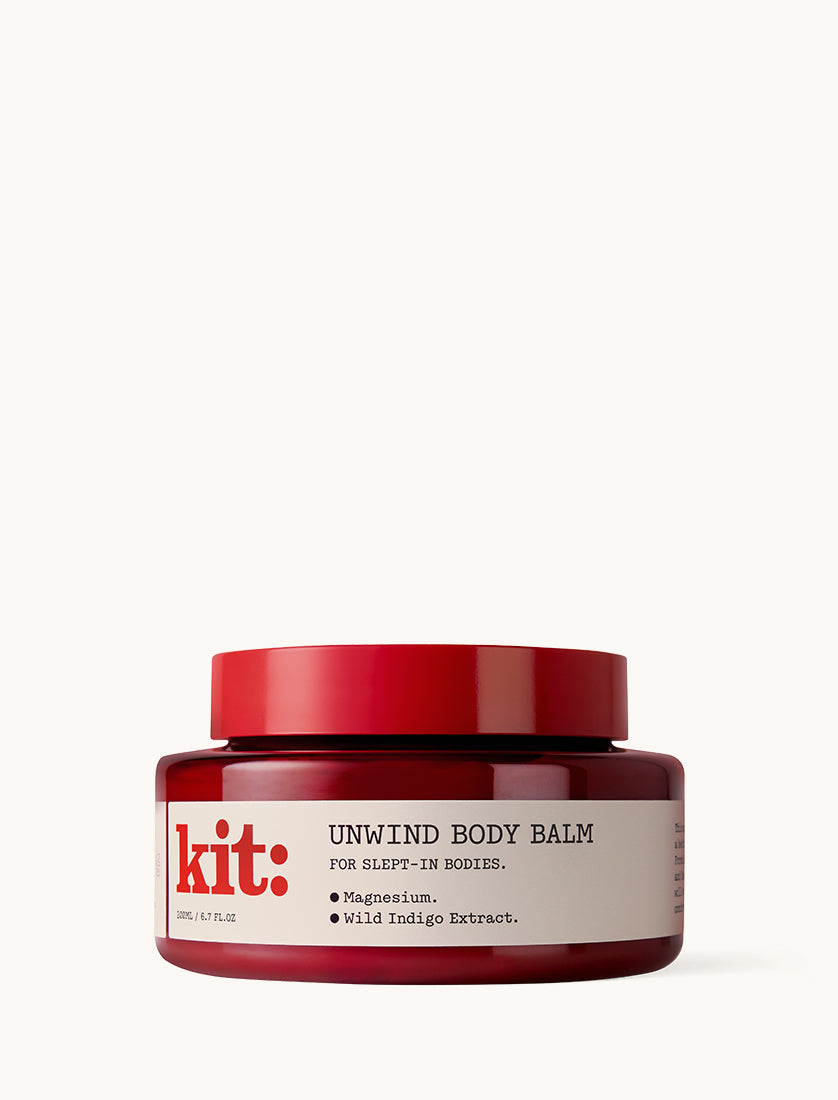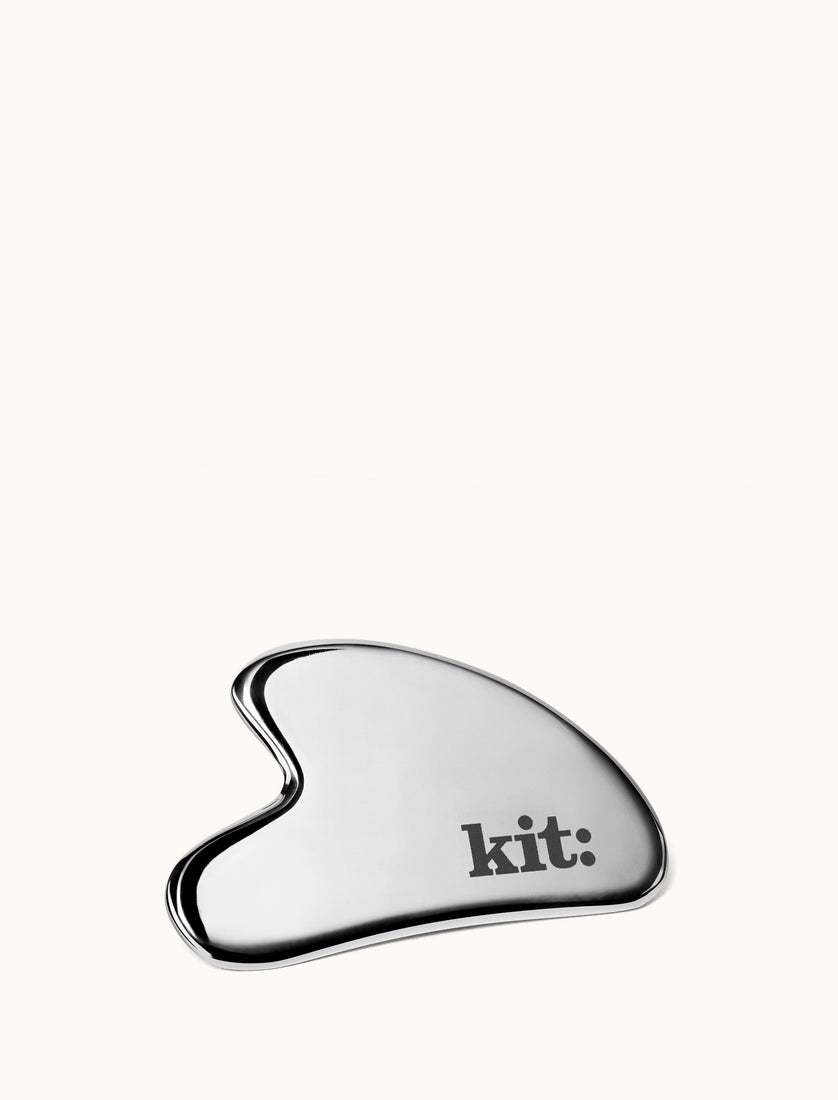Vanessa Hill is many things – science communicator, PhD sleep researcher, media creator, and friend of kit. With a special interest in bedtime procrastination and the connection between sleep and (skin) wellbeing, Vanessa shares her insights on how to prepare for a better night’s rest.
How do you sleep at night?
I sleep pretty well at night, but it has been many years in progress. It is a myth that sleep is easy and that we should just be able to fall asleep straightaway and get eight hours of blissful sleep. Just like other areas of health, you have to keep trying to stay sleep-fit.
What's the science of sleep? What does it do to our bodies and our skin?
Sleep can have a lot of short and long-term benefits. Immediately, our mood and emotions are more stable, we’re more productive at work, we’re better drivers and more attentive. Over time, consistent sleep can also lower our risk of getting certain diseases, like heart disease, type 2 diabetes and certain types of cancer. So. sleep feels good now, but it's also protecting our health for the future.

How does bad sleep show up in our skin?
The nighttime period is when our cells rejuvenate and our muscles repair and recover, which includes the muscles in our body and our face. If we're getting bad sleep or if we're not sleeping for long enough, it shows up as baggy eyes, fluid retention, or puffy skin. So, sleeping is really one of the best anti-aging remedies to look and feel refreshed.
Talk to us about sleep hygiene. What is it? How do we practice it?
Sleep hygiene is a set of behaviours or practices that can help set you up for a good night. This factors in your bedroom environment – you want a dark, comfortable space that’s free of technology – and a consistent sleep schedule, so going to bed roughly at the same time and getting up at the same time every day. Then there are a few lifestyle factors, so the things you consume: avoiding nicotine, alcohol and caffeine, and trying to not eat within three hours of bedtime. In our modern society, it’s nearly impossible to do all of those things. But if you are getting poor rest, the science and research all point to improving your sleep hygiene as a great way to start.

(Skin)care for body, face and mind: what role does a wind-down routine play in getting a good night’s rest?
A wind-down routine can help you decompress, de-stress and get in the mood for sleep – it’s a delineation between your day and your sleep. If you’re experiencing racing thoughts at night, or mentally going over your to-do list in your head, having a wind-down routine can help break those habits by calming yourself and your body.

Can you tell us about your nighttime routine?
I always start my wind-down routine with skincare, it’s my cue to myself that I'm getting ready for bed. After that, depending on how tired I am, I might read a book in bed, do a meditation or listen to a sleep story. At nighttime, my priority is taking care of my skin, mind, and self.
We’ve heard of bedtime procrastination and revenge scrolling. Can you explain what this is and why we’re doing it?
It’s where we purposefully delay our sleep and put off our bedtime in exchange for doing something that is fun. We know we’re going to feel worse for it, but we still do this trade-off. I have done extensive studies on the reason why we do this. For people experiencing stress or anxiety, using their phone acts to relieve that. For some, scrolling is a form of me-time to switch off the brain before going to bed. Procrastinating occasionally is fine, but when you consistently lose sleep over it, it can become a problem.

Everyday stress, blue light, and mindless scrolling have become mainstays of modern life. If we can’t get rid of them, what can we do to better live with them?
Try to set boundaries. If your evening routine is typically full of mindless scrolling or a lot of blue light, start with small changes. Dim the lights, break up your tech time, and build your nighttime kit to feel intentional about your bedtime.
Get more sleep content on our socials @kitSkinkind and follow @nessyhill for the inside scoop on better bedtime habits.
